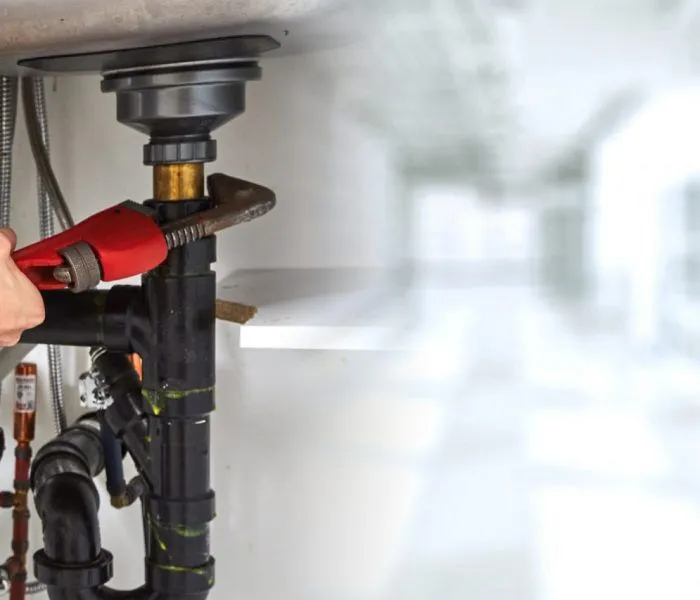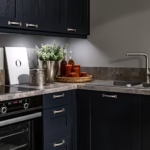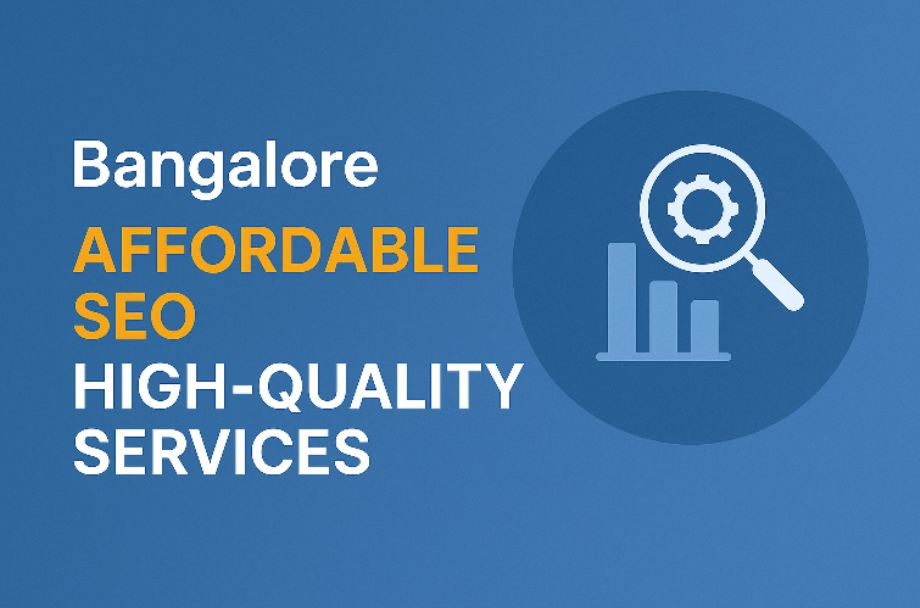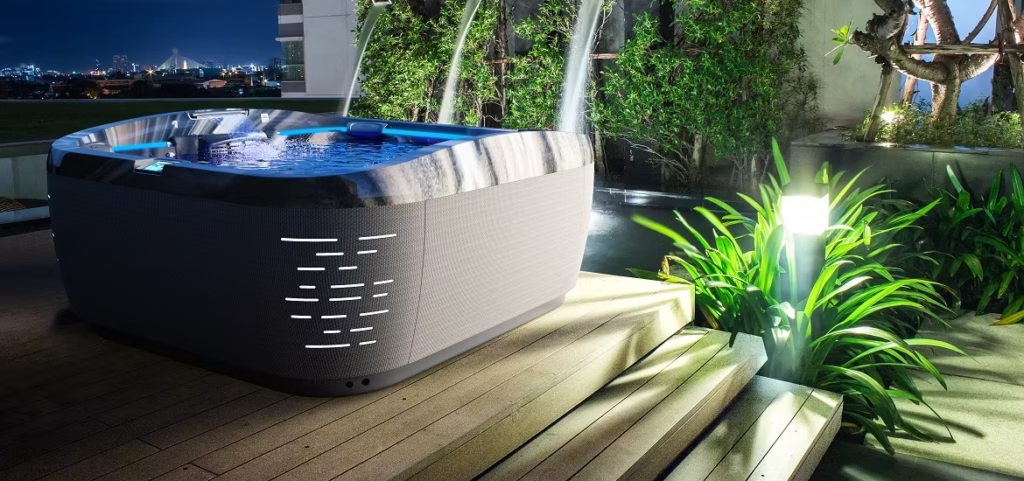Introduction
Modern plumbing and heating systems are at the heart of a comfortable and functional home. From delivering hot water on demand to maintaining consistent indoor temperatures, these systems play a crucial role in everyday living. However, as technology advances, so do the options and complexities of these systems. Understanding the key components and how they work can help homeowners make informed decisions about maintenance, upgrades, and replacements.
This guide explores the essentials of modern plumbing and heating systems, covering their components, benefits, and tips for ensuring optimal performance.
1. The Anatomy of Plumbing Systems
Plumbing systems provide clean water and remove wastewater efficiently. They consist of interconnected parts that must work harmoniously to maintain functionality.
Key Components
- Pipes and Fittings: These are the pathways for water distribution and drainage, often made from materials like copper, PVC, or PEX.
- Valves: Control water flow and pressure within the system. Common types include ball valves and gate valves.
- Fixtures and Appliances: Taps, sinks, showers, toilets, and dishwashers are the visible parts of the plumbing system.
How It Works
Water enters the home through a main supply line, passes through a meter to measure usage, and is distributed to various fixtures. Wastewater exits through drainage pipes, eventually reaching the municipal sewer system or a septic tank.
Proper installation and maintenance ensure smooth operation and prevent common issues like leaks and clogs.
2. Modern Heating Systems: An Overview
Heating systems are essential for keeping homes warm, particularly during colder months. Modern systems are designed for efficiency and reliability, offering various options to suit different needs.
Types of Heating Systems
- Boilers: Use water or steam to distribute heat through radiators or underfloor systems. High-efficiency boilers, such as those supplied by MPH Boilers, provide consistent warmth while minimizing energy consumption.
- Furnaces: Heat air and distribute it through ductwork. These are common in larger homes.
- Heat Pumps: Extract heat from the air or ground and are an eco-friendly option for heating and cooling.
Selecting the right heating system depends on factors like home size, climate, and energy preferences.
3. The Role of Boilers in Heating Systems
Boilers are a cornerstone of many heating systems, providing reliable warmth and hot water.
Types of Boilers
- Combi Boilers: Combine heating and hot water in one compact unit, ideal for smaller homes.
- System Boilers: Require a separate water cylinder, making them suitable for larger homes with multiple bathrooms.
- Conventional Boilers: Use a cold water tank and hot water cylinder, often found in older homes.
Benefits of Modern Boilers
- Energy Efficiency: Modern boilers, especially condensing models, recycle waste gases to capture additional heat.
- Consistent Performance: Provide steady heating and hot water, even during peak demand.
- Durability: Advanced designs ensure longer lifespans with proper maintenance.
Upgrading to a high-efficiency boiler supplied by brands like MPH Boilers enhances comfort and reduces energy costs.
4. Maintenance for Plumbing and Heating Systems
Regular maintenance is vital for the longevity and efficiency of plumbing and heating systems.
Plumbing Maintenance Tips
- Inspect for Leaks: Regularly check under sinks, around toilets, and near appliances for signs of water leakage.
- Clear Drains: Use natural solutions like baking soda and vinegar to prevent clogs. Avoid chemical drain cleaners that can damage pipes.
- Winterize Pipes: Insulate exposed pipes during winter to prevent freezing and bursting.
Heating System Maintenance Tips
- Service Boilers Annually: Professional servicing ensures efficiency and safety.
- Bleed Radiators: Release trapped air to improve heat distribution.
- Check the Thermostat: Ensure it’s functioning correctly to avoid energy waste.
Preventive care reduces the risk of costly repairs and keeps systems running efficiently.
5. Energy Efficiency and Modern Systems
Energy-efficient plumbing and heating systems benefit both the environment and your wallet.
Key Features of Efficient Systems
- Condensing Boilers: Recycle waste gases, making them more efficient than older models.
- Smart Thermostats: Allow precise temperature control and reduce energy usage.
- Low-Flow Fixtures: Save water without sacrificing performance, ideal for sinks and showers.
Cost Savings
Efficient systems use less energy and water, leading to lower utility bills. Additionally, many governments offer rebates or incentives for upgrading to energy-efficient equipment.
Investing in the best in class boilers and other modern systems pays off through long-term savings and sustainability.
6. Upgrading Your Plumbing and Heating Systems
When systems become outdated or inefficient, upgrading is often the best solution.
Signs It’s Time to Upgrade
- Frequent Repairs: Constant breakdowns signal that replacement may be more cost-effective.
- Rising Energy Bills: Older systems often consume more energy.
- Inconsistent Performance: Uneven heating or water pressure issues indicate inefficiency.
Benefits of Upgrading
- Improved Efficiency: New systems work faster and use resources more effectively.
- Enhanced Comfort: Provide consistent heat and water flow without interruptions.
- Increased Property Value: Modern systems are attractive to potential buyers.
Consulting with professionals like MPH Boilers ensures you choose the right system for your home’s needs.
7. The Future of Plumbing and Heating
Technological advancements continue to shape the future of plumbing and heating systems.
- Smart Integration: IoT-enabled systems provide real-time monitoring and control through smartphones.
- Eco-Friendly Options: Solar water heaters and geothermal heat pumps offer sustainable solutions.
- Automated Diagnostics: Modern systems can detect issues early and alert homeowners, reducing the risk of failure.
Staying informed about these innovations helps homeowners make forward-thinking decisions.
Conclusion
Understanding modern plumbing and heating systems is key to maintaining a comfortable and efficient home. From selecting the right boiler to ensuring regular maintenance, taking proactive steps enhances performance and saves money.
For expert advice and services, MPH Boilers offers plumbing and heating solutions tailored to your home’s unique needs. Investing in the best systems today ensures comfort, reliability, and sustainability for years to come.






